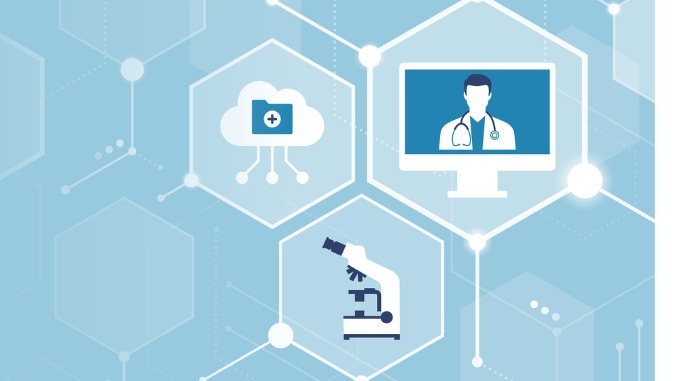In the ever-growing landscape of cancer care, leveraging digital solutions emerges as a game-changer to alleviate the strain on services, enhance outcomes, and introduce a personalised touch, as discussed by consultant oncologist Penny Kechagioglou
CREDIT: This is an edited version of an article that originally appeared on Digital Health
With the UK hosting around 3 million people living with cancer, expected to reach 3.5 million by 2025, the demand for cancer care is overwhelming current capacity, leading to extended waiting lists. In August 2023, only 63% commenced treatment within the crucial 62 days from an urgent cancer referral, falling short of the 85% target.
Moreover, a recent survey highlighted that only 71.7% of cancer patients in England could discuss their needs or concerns before treatment, emphasising the need for a more patient-centric and personalised care approach.
Digital transformation in oncology care
Prevention
Digital platforms can promote lifestyle changes and prevention strategies, integrating healthy practices into traditional oncology care. Initiatives like the Oncio App provide evidence-based information, fostering community support and offering reminders for screenings and lifestyle tips.
Prediction
Machine learning and artificial intelligence can leverage NHS data to predict cancer risks, treatment responses, and long-term outcomes. This allows for more efficient risk-stratified screening, reducing costs and improving patient experiences.
Personalisation
Digital health records and patient portals empower cancer patients with easy access to medical information, appointments, and communication with clinical teams. This facilitates integrated, timely care, saving both patient and clinician time. Additionally, it opens avenues for remote consultations and informed decision-making.
Barriers and solutions
While the adoption of digital technologies in cancer care faces hurdles like varying digital literacy levels and a lack of training programs, Penny Kechagioglou emphasises the importance of co-creating technological solutions with stakeholders. The focus should be on adding tangible value and evaluating outcomes.
In the dynamic realm of oncology, the digital revolution holds immense potential, promising to reshape the landscape, improve patient experiences, and pave the way for a more connected and personalised approach to cancer care.



Be the first to comment